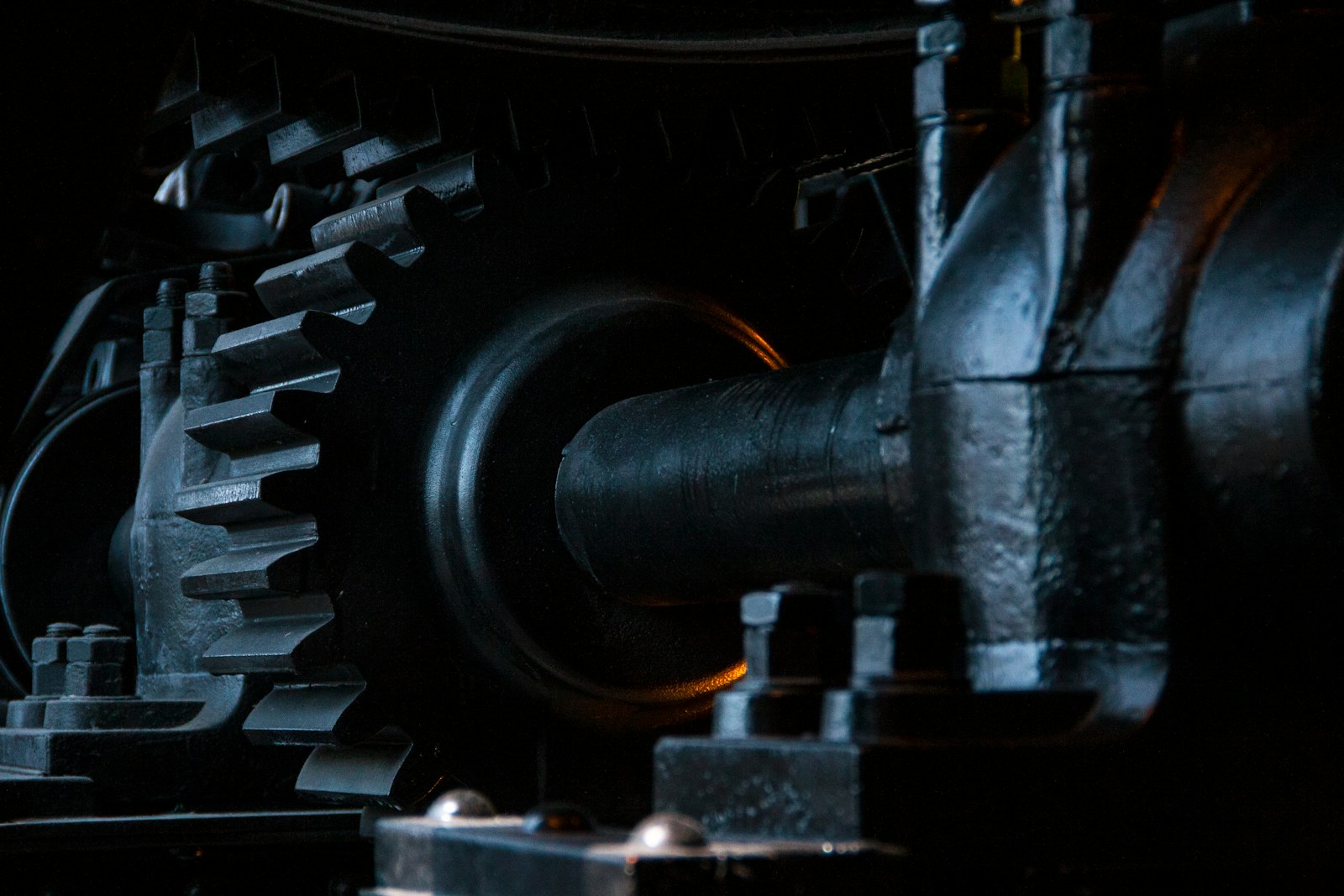In today’s industrial world, motors play a crucial role in powering various machines and equipment. As such, monitoring the health and performance of these motors is essential for ensuring efficiency and reliability. This is where motor monitoring systems come into the picture. In this blog post, we will explore the importance of motor monitoring systems and how they contribute to the smooth operation of industrial processes.
Enhanced Maintenance and Predictive Analytics
One of the key benefits of motor monitoring systems is their ability to provide enhanced maintenance capabilities. Traditionally, maintenance of motors has been carried out based on fixed schedules or when a breakdown occurs. However, this reactive approach often leads to costly downtime and inefficient use of resources. With a motor monitoring system in place, real-time data on motor performance can be collected and analyzed. This enables maintenance teams to detect early signs of wear and tear, identify potential failures, and schedule maintenance activities proactively. By utilizing predictive analytics, motor monitoring systems help prevent unplanned downtime, minimize repair costs, and optimize the lifespan of motors.
Energy Efficiency and Cost Savings
Another significant advantage of motor monitoring systems is their contribution to energy efficiency and cost savings. Motors are responsible for consuming a considerable amount of energy in industrial processes. However, factors such as aging, misalignment, or inefficient operation can lead to energy wastage. Motor monitoring systems continuously monitor the energy consumption of motors and provide insights into their efficiency. By identifying and rectifying any inefficiencies, companies can reduce their energy consumption, lower their carbon footprint, and ultimately save on energy costs. Moreover, the early detection of motor faults through the monitoring system enables timely repairs, preventing further damage and expensive replacements.
Improved Safety and Reliability
The safety and reliability of motor-driven equipment are paramount in industrial settings. A motor failure can not only lead to costly repairs but also pose risks to the safety of workers and the surrounding environment. Motor monitoring systems play a crucial role in ensuring the safe and reliable operation of motors. By continuously monitoring key parameters such as temperature, vibration, and current, these systems can detect any abnormal behavior or potential faults. This early detection allows for timely intervention, preventing accidents and ensuring the smooth functioning of machinery. By enhancing safety and reliability, motor monitoring systems contribute to a safer work environment and increased productivity.
Conclusion
Motor monitoring systems have revolutionized the way industries manage and maintain their motors. By providing enhanced maintenance capabilities, contributing to energy efficiency and cost savings, and improving safety and reliability, these systems have become indispensable in today’s industrial landscape. As technology continues to advance, we can expect motor monitoring systems to evolve further, enabling even more efficient and reliable motor operations.
